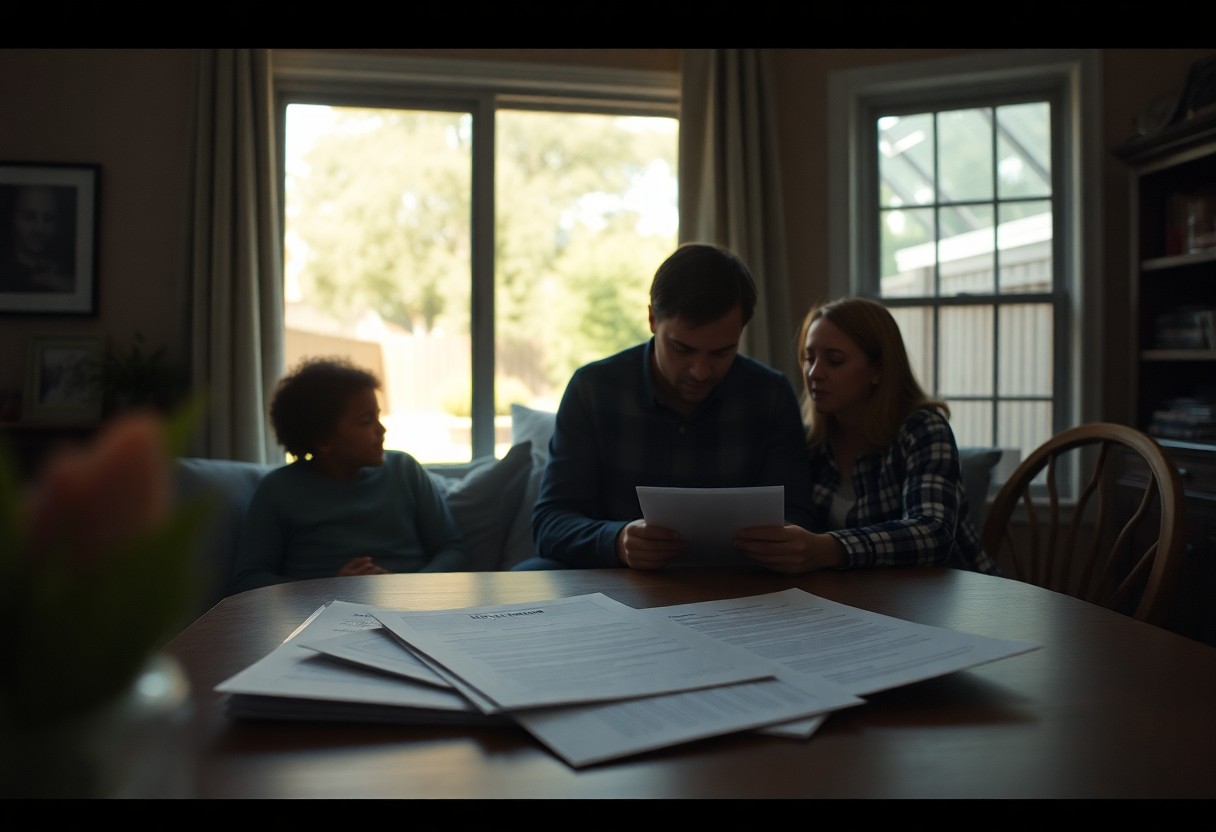Start a Blog for Beginners
Hello there, budding bloggers! So you’ve decided to dip your toes into the exciting world of blogging. Congratulations on taking the first step towards sharing your thoughts and creations with the world. As someone who has been in the blogging game for years, I understand the challenges and pitfalls that can come with starting a blog. But I also know the fulfillment and success that can be achieved with dedication and the right strategies. In this guide, I’ll be sharing my expert tips and advice to help you kick-start your blogging journey and avoid common mistakes along the way.
Types of Blogs
When starting a blog, it’s important to consider the type of content you want to create. There are various types of blogs that cater to different audiences and interests, and it’s essential to choose the right one for you. Here’s a breakdown of the most common types of blogs:
| Personal blogs | Business blogs |
| Diary-style entries, life updates, personal experiences | Promotional content, industry news, company updates |
| Casual, informal tone | Professional, formal tone |
| Great for sharing hobbies, passions | Useful for establishing brand authority, attracting customers |
| Can be less focused, more varied in content | More niche-focused, industry-specific content |
| Requires regular, personal updates | May require team collaboration, input from various departments |
Personal blogs
Starting a personal blog allows you to share your thoughts, experiences, and interests with the world. It’s a great way to connect with like-minded individuals and build a community around your hobbies or passions. Whether it’s travel, food, fashion, or simply your daily life, a personal blog gives you a platform to express yourself and engage with others.
Business blogs
If you’re looking to establish your brand’s online presence and connect with your target audience, a business blog is essential. This type of blog allows you to showcase your expertise, provide valuable industry insights, and promote your products or services. It can help you drive traffic to your website, generate leads, and ultimately, increase sales.
Niches for beginners’ blog
When starting a blog as a beginner, it’s important to choose a niche that you are passionate about and knowledgeable in. Whether it’s cooking, photography, fitness, or personal finance, finding a niche that resonates with you will make creating content a more enjoyable and fulfilling experience. Additionally, focusing on a specific niche can help you attract a dedicated audience and establish yourself as an authority in that particular area.
Step-by-Step Guide to Start a Blog
Starting a blog may seem like a daunting task, but with the right guidance, it can actually be quite straightforward. Below is a step-by-step guide to help you start your own blog and begin sharing your passion, expertise, or creativity with the world.
Choosing blogging platform
When starting a blog, one of the first decisions you’ll need to make is which platform to use. There are many options available, each with its own set of features and benefits. Some popular choices include WordPress, Blogger, and Squarespace. Consider your specific needs and goals for your blog, and choose a platform that aligns with them.
Domain name and hosting selection
Your domain name is essentially your blog’s address on the internet, and choosing the right one is crucial. It should be relevant to your blog’s content and easy to remember. Additionally, you’ll need to select a hosting provider to make your blog accessible online. Look for a reliable hosting service that offers good uptime, customer support, and security features.
Designing your blog
The design of your blog plays a crucial role in attracting and keeping visitors. Choose a visually appealing theme or template that reflects your brand and enhances the user experience. Make sure your blog is easy to navigate and read, with clear headings, a responsive layout, and high-quality images.
Writing and publishing your first post
With your blog set up, it’s time to create and publish your first post. This is where you get to share your thoughts, expertise, or creativity with the world. Write engaging, high-quality content that provides value to your readers. Don’t forget to optimise your post for search engines by using relevant keywords and meta descriptions.
Conclusion
Considering all points, starting a blog as a beginner can be an exciting and rewarding venture. Remember to choose a niche you are passionate about, familiarise yourself with the basics of blogging, and spend time building a solid content strategy. With dedication and persistence, you can grow your blog into a valuable resource for yourself and your audience. Embrace the learning curve and don’t be afraid to try new things. Happy blogging!
Conclusion
Following this guide, you should now be well-equipped to start your own blog as a beginner. Remember to choose a topic you are passionate about, create a schedule for your posts, and engage with your readers. Blogging can be a fun and rewarding experience, so don’t be afraid to dive in and start sharing your voice with the world. Good luck!
FAQ
Q: Why should I start a blog as a beginner?
A: Starting a blog as a beginner allows you to share your passions, knowledge, and experiences with the world. It can also help you connect with like-minded individuals, build a personal brand, and even generate income through advertising or affiliate marketing.
Q: What are the essential steps to start a blog for beginners?
A: To start a blog as a beginner, you should first choose a niche or topic that you are passionate about. Then, select a blogging platform, such as WordPress or Blogger, and a domain name. Next, create quality content, optimize your blog for search engines, and promote it through social media and other channels. Finally, engage with your audience and continuously improve your blog based on feedback.
Q: How can I monetize my blog as a beginner?
A: As a beginner blogger, you can monetize your blog through various methods, including display advertising, sponsored posts, affiliate marketing, and selling digital or physical products. It’s important to focus on creating valuable content and building a loyal audience before monetizing your blog to ensure long-term success.
![]()












